Trigun Stampede is a 2023 remake of the 1990s anime Trigun that has been credited with being part of some of the original media that has since popularized anime for Western audiences along with Akira and Neon Genesis Evangelion. The remake has been praised by critics for its straight-to-the-point approach that hooks audiences right from the start whether they were fans of the original or not. Critics have also praised its groundbreaking animation, which seamlessly blends 3D and 2D graphics to bring to life an outer space adventure like no other.
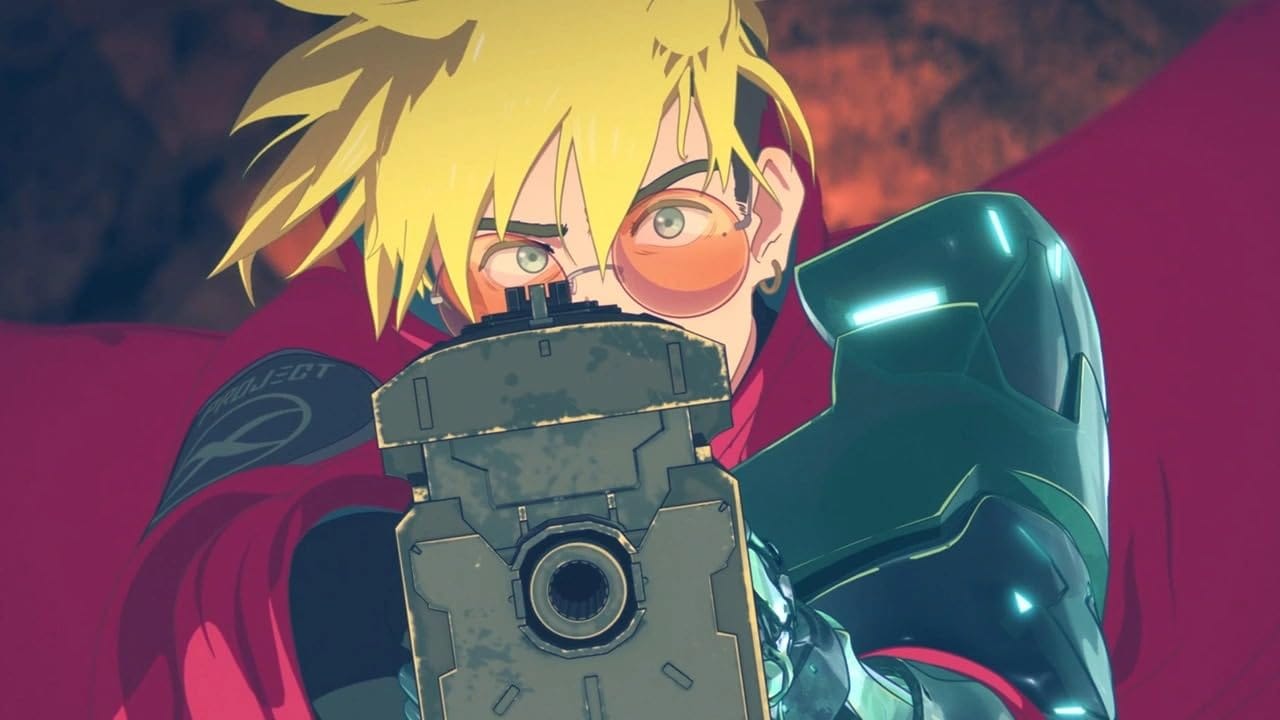
No changes were made to the series’ original story in the remake, allowing it to remind today’s audiences of the same environmental messages that it aired in the 1990s. Trigun’s message is one that cautions people of how the development of environmentally friendly energy sources should not come at the expense of human workers, who have to face everything from forced labour to slavery due to the speed in which their services are required. Without doubt, in today’s climate of environmental decay, this is a message that has only gained importance. Which is why Trigun Stampede is aligned with the United Nations Sustainable Development Goals of Affordable and Clean Energy, Decent Work And Economic Growth and Reduced Inequalities.
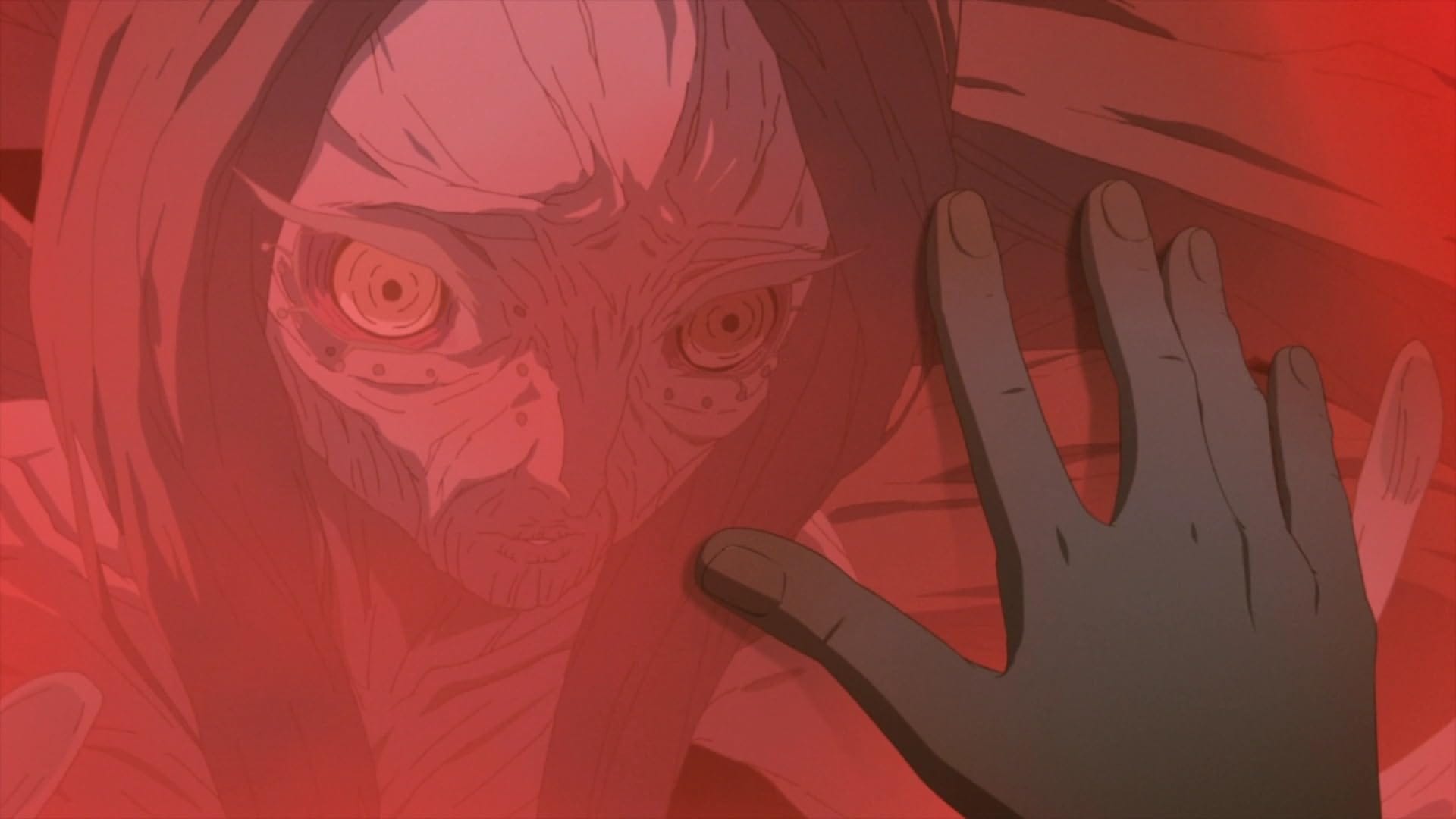
The Trigun series itself is a space opera that, as the title suggests, follows Vash, an exceptionally talented gun-slinger who wields a gun with three barrels. He has sworn never to use his gun to kill a human being and only to wield it to help those in need. As the plot progresses, Vash is revealed to be a human-passing Independent Plant (IP), the humanlike offspring of Plants. These are beings that have been genetically modified by crossing plant DNA with human DNA in order to harness their ability to hyperphotosynthesize as future large-scale power sources. Each Plant is capable of powering a small town, while a small colony of Plants is able to power an entire city.
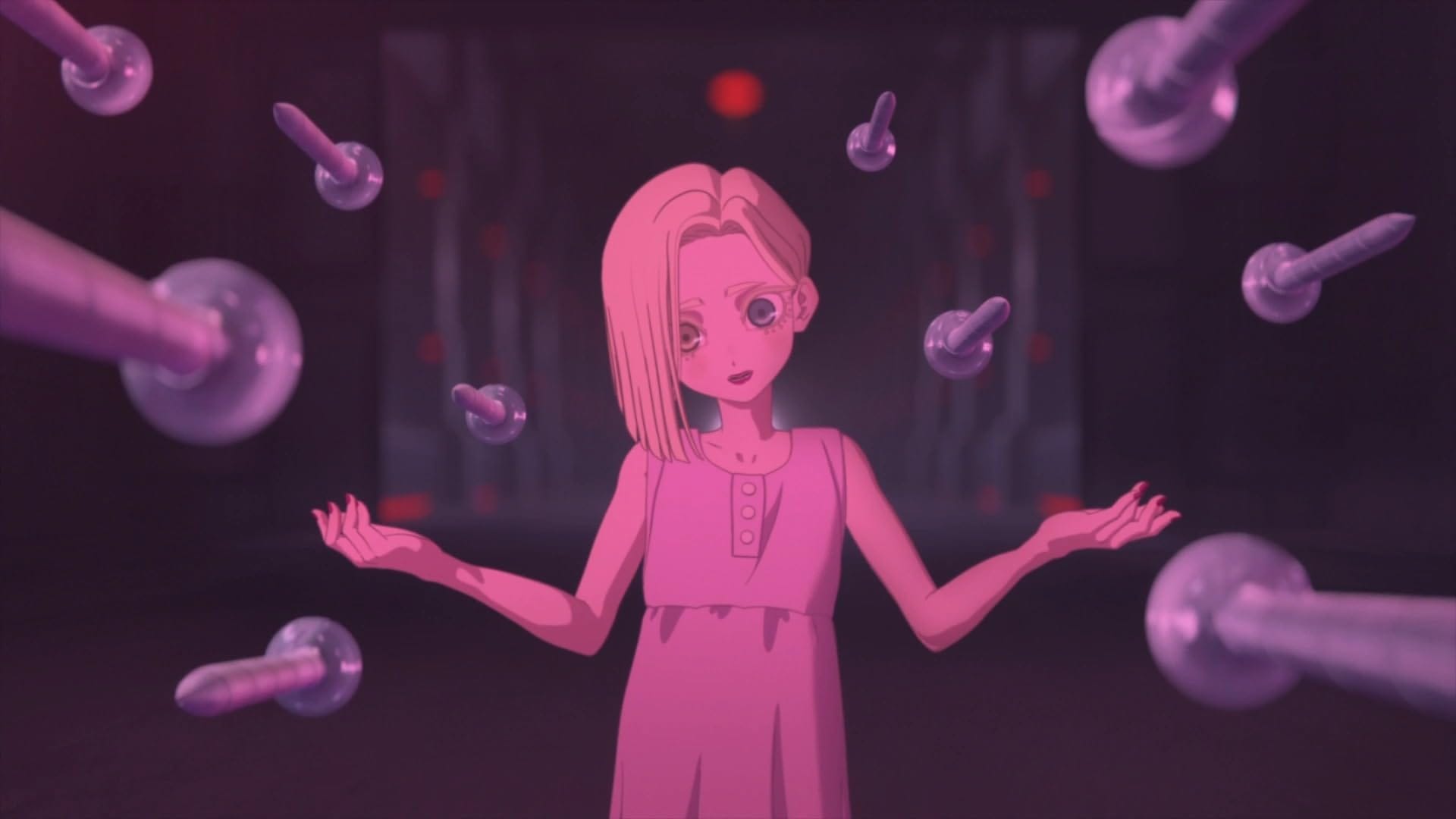
Trigun’s plot revolves around the ethics of this practice, as other IPs, such as Vash, view Plants as a race of beings enslaved by humanity and seek to liberate them. To harness their energy, Plants are kept in aquariums their whole lives, forced to live daily as mere batteries. Soon, it is revealed that Plants can communicate amongst themselves and even procreate, making more and more people question the ethical consequences of the practice.
As the environment of the planet they live on gets more and more hostile by the day, violent rebels seek to liberate the Plants at the expense of the entire human race, because their lives rely entirely on Plants to power their cities. Meanwhile Vash, who was raised by human beings, has to choose whose side he is on— to side with the people he comes from, the Plants, or to help those who have raised and cared for him, the humans.
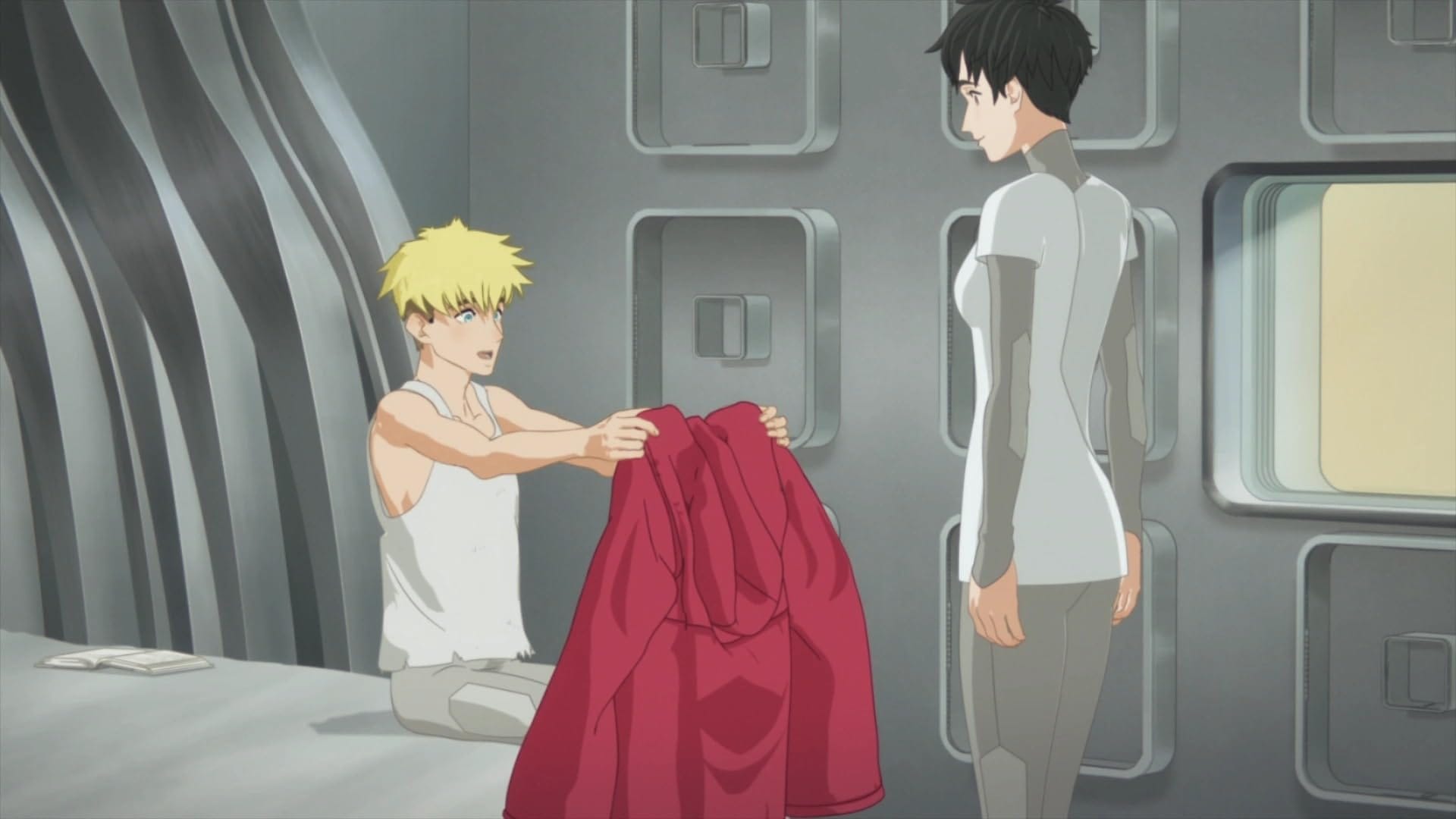
Since Trigun was introduced in 1998, the idea of utilizing the human body to solve the energy crisis has only taken further root in science fiction. Death Stranding, the video game art piece by Hideo Kojima, is set in a future powered by Bridge Babies (BBs). These are “still-born babies” taken from dead mothers who are forced to stay in a constant embryonic stage. BBs live in an artificial womb that can transform the powers of its rapidly replicating and growing stem cells into electric currents. Here again, human bodies are exploited for the sake of the energy industry.
Both Trigun and Death Stranding toy with the ethical and moral implications of such practices. They depict a future where harsh environmental conditions push humanity to desperate measures, including enslaving its own kind in order to harness energy. As science fiction often is, these stories are reflections of today’s conditions. A 2022 Guardian article has found that everywhere around the world, there has been evidence of forced labour and slavery in the production lines of clean energy facilities, such as solar panel farms and wind turbines. The article chronicles findings by the Australian Clean Energy Council, which has been tasked to ensure that Australia sources a majority of its electricity from renewable sources by 2030.
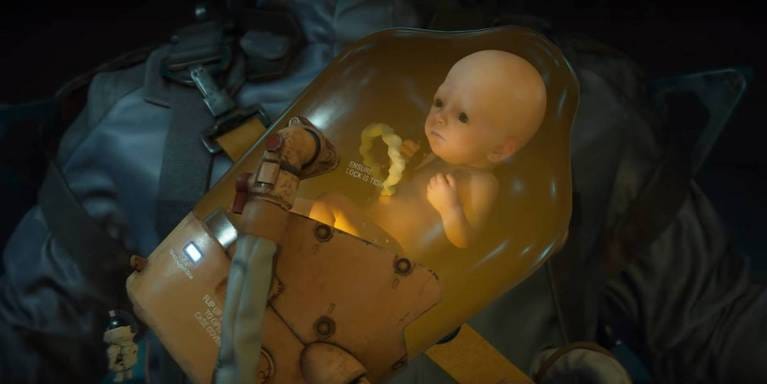
Yet, the council has found modern slavery to be one of the major concerns that stand in their way. Key findings include how 15-30 percent of the world’s cobalt, which is used in solar panels, is mined in Congo. Children as young as seven years old have been found working in these cobalt mines, with workers being paid as low as USD 2 a day. Another finding outlines how the balsa wood used to create wind turbine blades originates mainly from Ecuador’s Amazon region, which encourages further deforestation of the Amazon. Workers in the area have also been reportedly paid only in alcohol and drugs.
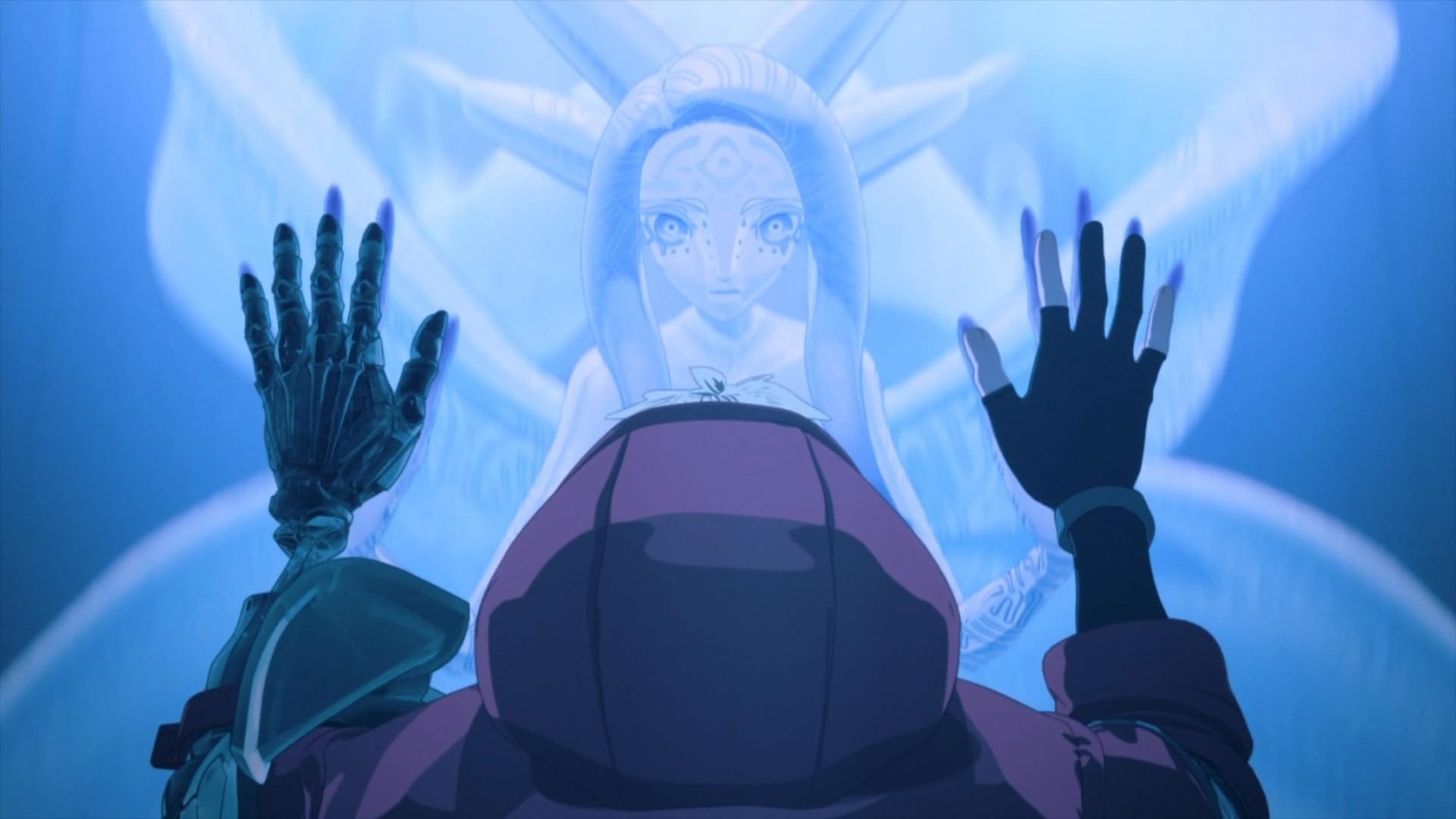
Trigun Stampede revives its 1990s predecessor’s powerful message: that the pursuit of clean energy must not come at the cost of human rights. Through its gripping storyline and innovative animation, the series explores the ethical dilemmas of exploiting living beings—both human and nonhuman—as energy sources, reflecting today’s growing issues of forced labour and environmental exploitation in renewable energy industries. By intertwining these themes with a space opera narrative, Trigun Stampede serves as a cautionary tale for humanity today.
Find out more about Trigun Stampede and other shows by Netflix Japan on their website www.netflix.com/jp-en or Instagram @netflixjp.
